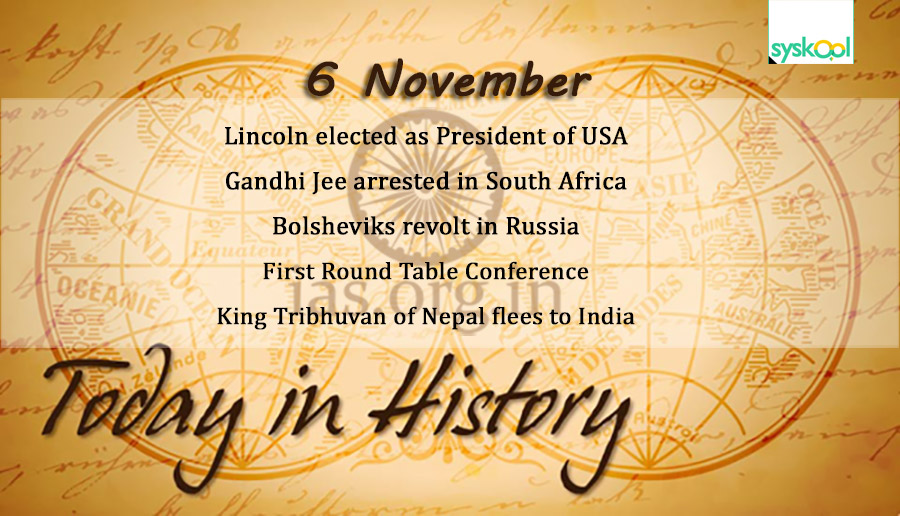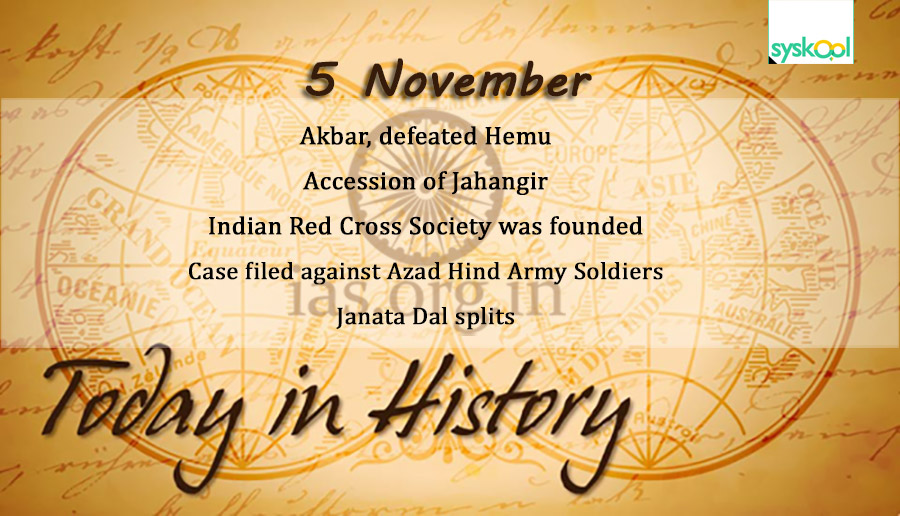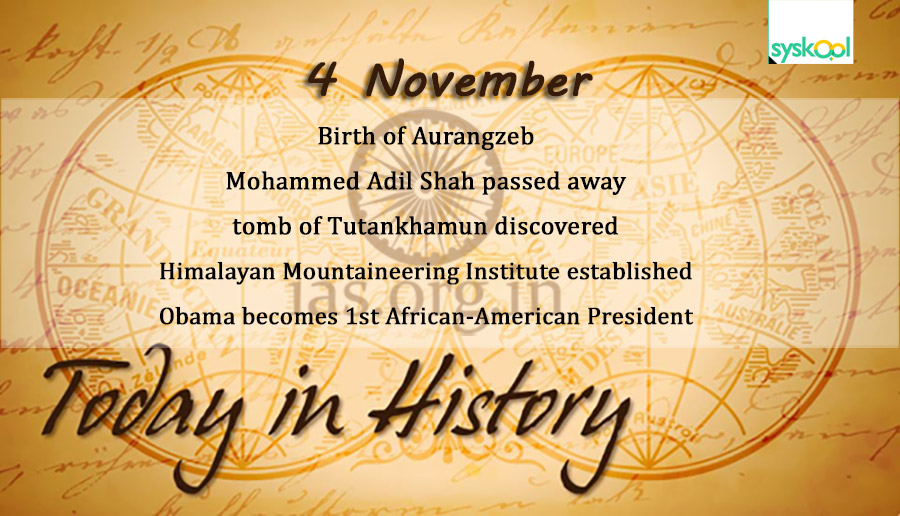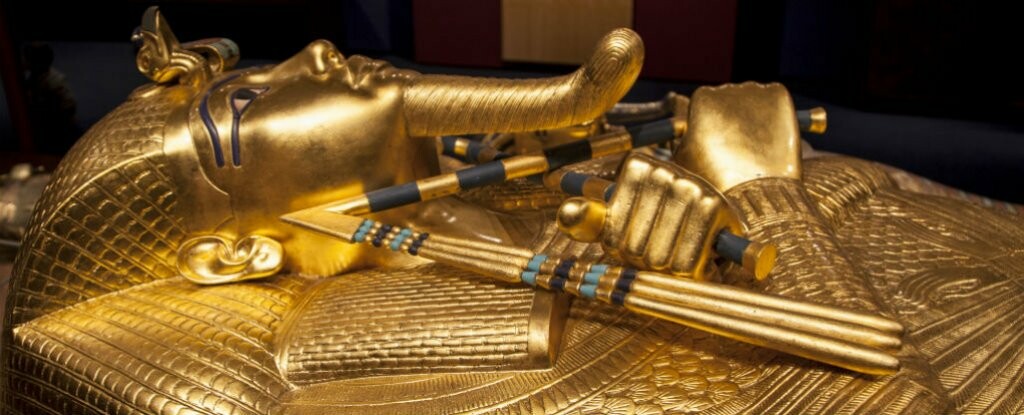Table of Contents
- Introduction
- Why Error Models Are Crucial
- Types of Quantum Errors
- Bit Flip Error
- Phase Flip Error
- Bit-Phase Flip Error
- Amplitude Damping
- Phase Damping (Dephasing)
- Depolarizing Channel
- General Quantum Noise Channels
- Kraus Operators and Quantum Operations
- Error Propagation in Quantum Circuits
- Decoherence and T1/T2 Times
- Environmental Coupling and Open Quantum Systems
- Markovian vs Non-Markovian Noise
- Pauli Error Model
- Clifford Error Model
- Leakage Errors
- Crosstalk and Spectator Errors
- Gate Errors and Calibration Drift
- Measurement Errors Revisited
- Stochastic vs Coherent Errors
- Fault Tolerance Threshold
- Simulation of Error Channels
- Conclusion
1. Introduction
Quantum systems are inherently fragile, making them prone to errors due to interactions with their environment. Understanding and modeling these errors is essential for building fault-tolerant quantum computers.
2. Why Error Models Are Crucial
- Error models allow us to design error correction codes
- Help simulate and benchmark realistic quantum hardware
- Guide hardware and software co-design strategies
3. Types of Quantum Errors
Quantum errors are more complex than classical bit flips. They include:
- Bit flips: \( |0\rangle \leftrightarrow |1\rangle \)
- Phase flips: \( |+\rangle \leftrightarrow |-\rangle \)
- Decoherence
- Leakage to non-computational subspaces
4. Bit Flip Error
Applies the Pauli-X gate to the qubit:
\[
X = \begin{bmatrix}
0 & 1 \
1 & 0
\end{bmatrix}
\]
\[
X|0\rangle = |1\rangle, \quad X|1\rangle = |0\rangle
\]
5. Phase Flip Error
Applies the Pauli-Z gate:
\[
Z = \begin{bmatrix}
1 & 0 \
0 & -1
\end{bmatrix}
\]
Changes the phase of \( |1\rangle \): \( Z|1\rangle = -|1\rangle \)
6. Bit-Phase Flip Error
Applies the Pauli-Y gate:
\[
Y = \begin{bmatrix}
0 & -i \
i & 0
\end{bmatrix}
\]
Combines both bit and phase flip.
7. Amplitude Damping
Models energy loss, such as spontaneous emission:
Kraus operators:
\[
E_0 = \begin{bmatrix}
1 & 0 \
0 & \sqrt{1 – \gamma}
\end{bmatrix}, \quad
E_1 = \begin{bmatrix}
0 & \sqrt{\gamma} \
0 & 0
\end{bmatrix}
\]
8. Phase Damping (Dephasing)
Models loss of phase coherence without energy loss:
Kraus operators:
\[
E_0 = \begin{bmatrix}
1 & 0 \
0 & \sqrt{1 – \lambda}
\end{bmatrix}, \quad
E_1 = \begin{bmatrix}
0 & 0 \
0 & \sqrt{\lambda}
\end{bmatrix}
\]
9. Depolarizing Channel
With probability \( p \), applies a random Pauli gate:
\[
\rho \rightarrow (1 – p)\rho + \frac{p}{3}(X\rho X + Y\rho Y + Z\rho Z)
\]
Models total loss of information to the environment.
10. General Quantum Noise Channels
A quantum noise channel is a completely positive trace-preserving (CPTP) map:
\[
\rho \rightarrow \sum_k E_k \rho E_k^\dagger
\quad \text{with } \sum_k E_k^\dagger E_k = I
\]
11. Kraus Operators and Quantum Operations
Kraus representation is general for all CPTP maps. Every physical noise process can be written using a set of Kraus operators \( \{E_k\} \).
12. Error Propagation in Quantum Circuits
Quantum gates can propagate and entangle errors. For example:
- A CNOT gate can turn a local error into a correlated multi-qubit error
- Error tracking is essential in syndrome decoding
13. Decoherence and T1/T2 Times
- \( T_1 \): energy relaxation time (amplitude damping)
- \( T_2 \): dephasing time
Short \( T_1, T_2 \) → fast decoherence → low fidelity operations
14. Environmental Coupling and Open Quantum Systems
Quantum systems evolve in interaction with their environments. The Lindblad equation governs non-unitary evolution:
\[
\frac{d\rho}{dt} = -i[H, \rho] + \sum_j \left( L_j \rho L_j^\dagger – \frac{1}{2} \{L_j^\dagger L_j, \rho\} \right)
\]
15. Markovian vs Non-Markovian Noise
- Markovian: Memoryless noise (e.g., white noise)
- Non-Markovian: Past evolution affects future noise
Quantum error correction assumes mostly Markovian models.
16. Pauli Error Model
Assumes only Pauli errors (X, Y, Z) occur — useful for:
- Stabilizer codes
- Efficient simulation using Gottesman-Knill theorem
17. Clifford Error Model
Includes combinations of Clifford operations and Pauli noise. Supports more complex but classically simulable scenarios.
18. Leakage Errors
Qubits may leave the computational subspace (e.g., go from \( |0\rangle, |1\rangle \) to \( |2\rangle \)). Must be mitigated via leakage detection and reset.
19. Crosstalk and Spectator Errors
Operations on one qubit affect neighboring ones due to:
- Shared control lines
- Unintended coupling
Affects parallelism and scalability.
20. Gate Errors and Calibration Drift
Quantum gates are not perfect. Errors arise from:
- Pulse shape distortion
- Timing inaccuracies
- Device instability over time
Requires frequent recalibration.
21. Measurement Errors Revisited
Qubits measured as the wrong state due to:
- Readout noise
- Threshold misclassification
- Qubit decay before measurement completes
22. Stochastic vs Coherent Errors
- Stochastic: Random, probabilistic (e.g., depolarizing)
- Coherent: Systematic, e.g., over-rotations — harder to detect
23. Fault Tolerance Threshold
There exists a threshold error rate below which quantum error correction can suppress noise efficiently. Typically around \( 10^{-2} \) to \( 10^{-4} \), depending on the code.
24. Simulation of Error Channels
Tools like:
- Qiskit Aer noise models
- Cirq NoiseEngine
- QuTiP Lindblad solvers
Enable simulation of realistic noise models for testing algorithms.
25. Conclusion
Quantum error models are foundational for designing error-resilient quantum computers. By understanding the nature, sources, and mathematical representation of noise, researchers can build and analyze quantum systems with greater reliability and robustness.
.





